Local Report from Tunisia: Potential Japanese products in Tunisia
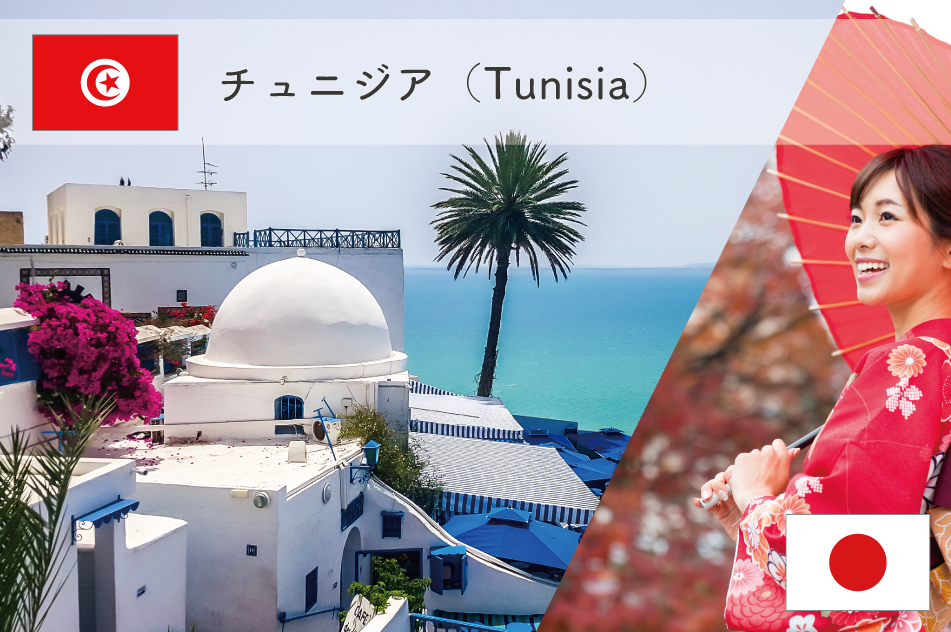
Here is the best information to give to those who are interested in exporting Japanese products to Tunisia.
As you already know, Tunisia is the host country of the Tokyo International Conference on African Development (TICAD8) scheduled for August 2022.
Our staff S, who lives in Tunisia, will introduce the attractive point of Tunisia from various angles such as industry, human resources, food, life and beauty based on her own experience in both northern and southern Tunisia.
There are restaurants with Japanese names such as “BONSAI” and “ORIGAMI” in Tunisia, and Japanese is becoming more familiar to people’s lives. On the other hand, “KARAOKE” and “EMOJI” are not recognized as Japanese, even though they are well-known words.
For Tunisians, “KIMONO” and “SUSHI” are words that symbolize Japan. Some young people are also interested in sake, white strawberries, and uniforms. Some people do not know where Japan is on the map. In Tunisia, the media that disseminate information about Japan are limited, and there is almost no information about Japan.
However, people have come into contact with Japanese animation such as “Chibi Maruko-chan” from an early age and have grown up watching the news often introduce Japanese technology. I strongly feel that people are interested in Japanese culture and technology.
Also, as symbolized by the word “kawkab alyaban: the planet named Japan,” they have a mysterious image of Japan because it is so different from the countries of the world that the Tunisians know.
Based on the Tunisian interest in Japan that I actually felt living in the area, I would like to introduce Japanese products that will be a big seller in Tunisia.
1. Japanese traditional costume
I actually feel that traditional Japanese costumes have some similarities to those of the Arab world, including Tunisia.
The First example is Japanese clogs, called geta. Japanese clogs are called “qabqab yabani ” because there is a wooden clog ” qabqab (قبقاب)” in the Arab world for a long time.
In the past, Tunisians wore clogs to keep their feet from getting wet when going to the public baths (Hammam). Qabqab (قبقاب) with Japanese technology will be attracting attention not only in Tunisia but also in the Arab world.
The second example is hood. For different reasons, in Japan, there used to be a winter clothes, the Okosozukin, and a hood for the nuns who were priests to hide their hair. I think the above two points have something in common with the hijab.
Even in Tunisia, there are a certain number of women who hide their hair for the freedom of their religious individuals. Traditional Japanese clothing, which has a wide range of dressing options, is expected to attract even more attention. Did you know that there is already a growing interest in kimono among women in Indonesia, which is said to be a huge Islamic market? Along with Japanese products such as clogs and hoods that will be more and more accepted in Tunisia in the future.
Also, recently in Tunisia during the summer months, folding fans are being sold all over the city. It is not a small folding fan sold in Japan, but a large folding fan used in flamenco. There seems to be sufficient demand for Japanese folding fans.
2. Face care, hair care (electric shaver, conditioner)
Tunisian men tend to have darker hair. The mainstream of shaving is a single-use type or after using it several times, throw it away. Even here in Tunisia, Japanese products have a certain brand value. Tunisians have the image that Japanese products are durable, so I think some people will buy them even if they are a little expensive. Korean-made home appliances have already gained a certain reputation.
In Tunisia’s business scene, shaving is enforced in some industries, and many people shave and trim their beards on a regular basis.
In Tunisia, there are many women with black hair and wavy hair. Some of them yearn for straight hair. Tunisian women are also very interested in beauty, and some regularly go to beauty salons to get “keratin”. This difference is interesting because some women in Japan apply perms because they have too straight hair.
Hair is often talked about in both Tunisia and Morocco. They are interested in shampoos and conditioners used by Japanese people, who have straight hair that is peculiar to Asians. As a result of actually using it for a certain period of time, some people realized the effect.
This is my personal opinion, but while conditioners are available in Tunisia, it’s hard to find a type of product that will smooth your hair and prevent it from getting tangled.
I clearly feel that it is different from Japanese products. From such an experience, I feel that product development that makes the most of Japanese brands is very effective.
3. Massage chair, massage equipment
In Tunisia, as part of rehabilitation, physiotherapists provide massage therapy using bare hands and machines under the direction of doctors for fractures, sequelae of accidents, and postoperative care, etc.
I got to know Tunisian massage because I came across a compact massage chair labeled SHIATSU at one’s house. This massage chair is not made in Japan. The owner didn’t even know that “SHIATSU” was in Japanese.
The company that made it is a German health appliance manufacturer that sells a variety of Massage products around the world. When I tried this, I found that the force applied to the fir balls from the shoulders to the waist was firm. It was a very effective massage chair that could be used immediately after being installed on a chair.
I think the fact that the word “SHIATSU” is used as a product name is a sign that Japan is recognized to some extent in the overseas medical industry. However, in Tunisia, “massage” is mainly given to patients under the direction of a doctor. It is not common to loosen your body with your bare hands or massage equipment on a daily basis.
Massage chairs and massage equipment that are easy to use at home will be in demand in Tunisia more than we can imagine from the viewpoint of preventive medicine.
As mentioned above, this time I introduced potential Japanese products that in Tunisia based on my personal opinion.
In fact, in Tunisia you already have almost everything you need to live. However, many of them are from China or France, the former suzerain.
For example, cosmetics are from France, Spain, Germany, and Italy, but recently Korean products are also on the market. Chinese products stand out for children’s toys and tableware.
Under these circumstances, there are still some buyers who buy Japanese products with added value, and I think it is very important to launch Japanese brands. “Bento” culture is one of them, and in Tunisia, some people bring it in tappers these days, but the design of Japanese bento boxes seems to be fashionable.
In addition, many tourists visit Tunisia.
I often see Korean students visiting Japanese restaurants in Tunisia.Considering the purchasing power of tourists from other countries to the tourist country of Tunisia, it may be regarded as a more attractive market.


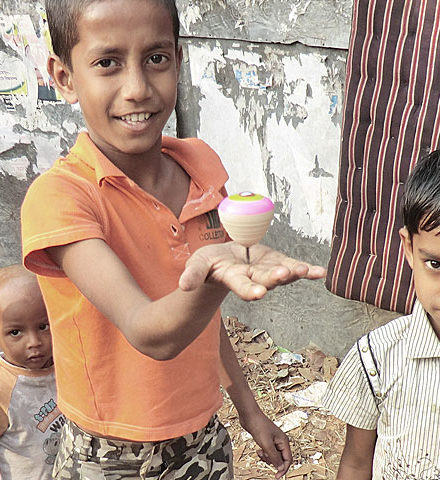
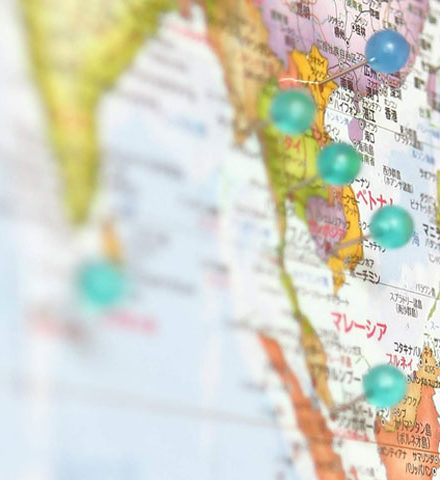


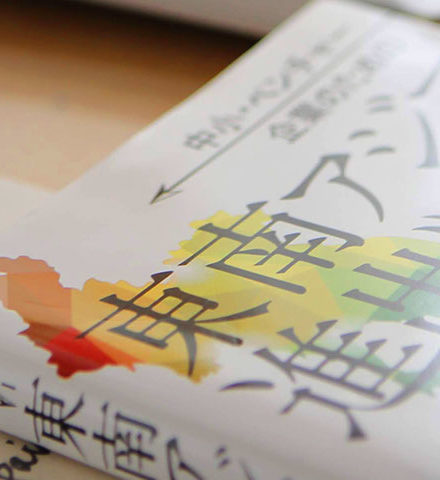
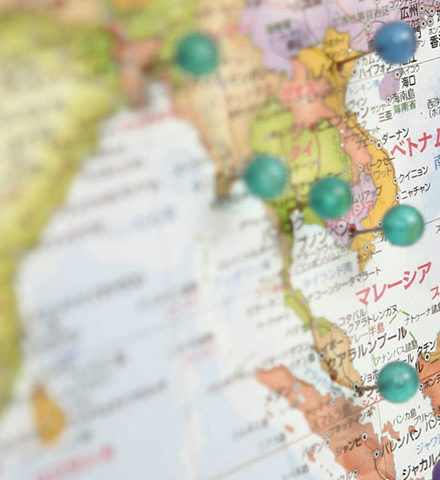
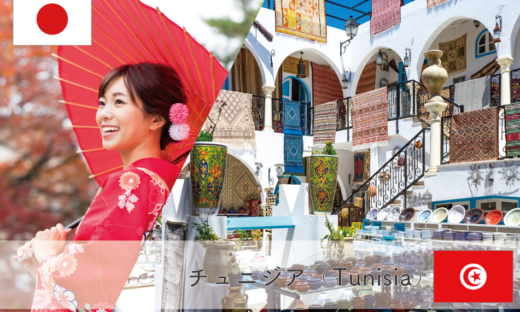

No comments yet.